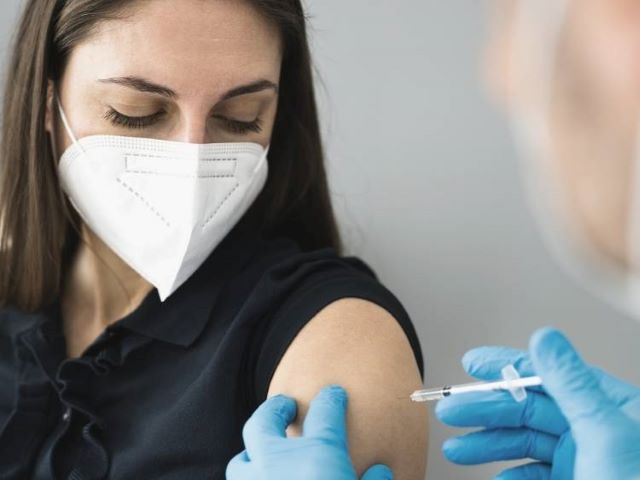Nurses Legal Rights
Over the past several months, the U.S. federal government has introduced an executive, ‘pandemic authority’ to protect the public health of the American people by mandating vaccines for healthcare workers.
Hospitals and other healthcare facilities are shifting their policies from those of encouragement of staff vaccination to mandatory requirements as a condition of employment.
If you currently work in a vaccinated facility, but have hesitancy with receiving the vaccine yourself, you possess the right to quit.
Of course, no one can force you to receive a vaccine against your will. However, your employer can restrict you from entering the facility depending on your vaccination status.
On top of this, regardless of if the facility is a public or private institution, your employer possesses the right to ask you questions regarding how many doses of the vaccine you have received, the date, time, and location in which you received each dose, and the brand you selected.
In the instance that you are a travel nurse and are curious about your new assignment’s current vaccination policies, I suggest speaking with your recruiter. They will be able to provide you with this information or send you in the right direction.
Check out this list from Beckers Hospital Review for an updated view of health systems mandating vaccines for healthcare workers.








